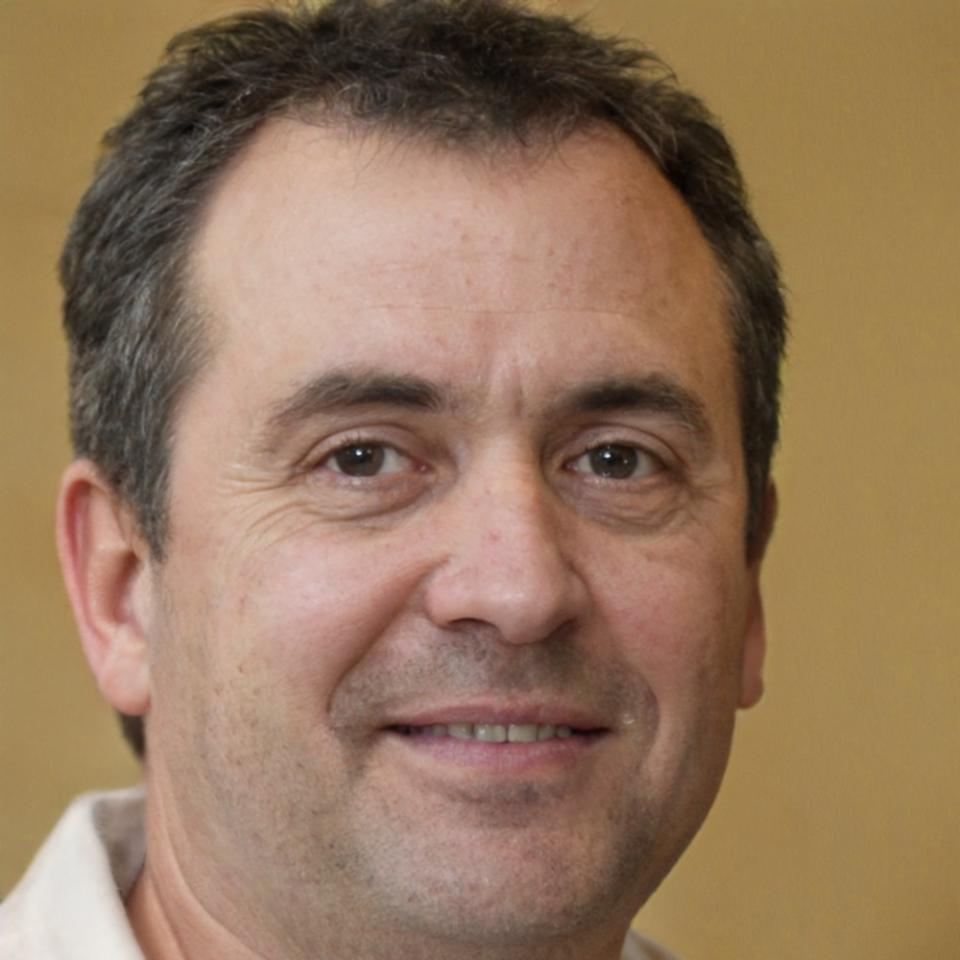
Building Financial Clarity Through Strategic Education
We teach the frameworks that help professionals navigate complex financial decisions with confidence. No shortcuts, just structured thinking and real-world application.
Explore Our ProgramsWhy We Focus on Strategic Thinking
Most financial education throws techniques at you without context. We take a different path. Our programs start with how decisions actually get made in professional environments.
You'll learn to analyze situations systematically, identify what matters in messy scenarios, and build frameworks that hold up when plans change. Because they always do.
This isn't about formulas you memorize and forget. It's about developing judgment that becomes second nature when you're under pressure or facing uncertainty.

How Our Programs Actually Work
Foundation Phase
We start with financial reasoning fundamentals. You'll learn how to break down complex problems and spot the assumptions hiding in plain sight. This takes about six weeks and involves more critical thinking than calculation.
Framework Development
Next comes building your analytical toolkit. We work through real scenarios where you'll develop structured approaches to valuation, risk assessment, and strategic planning. This phase runs twelve weeks and gets progressively challenging.
Applied Practice
The final phase puts everything together through project work. You'll tackle situations with incomplete information, competing priorities, and tight deadlines. Just like the real thing. This runs eight weeks with ongoing mentor feedback.
What Makes Our Approach Different
We don't teach financial planning like it's a series of disconnected skills. Everything connects to strategic decision-making.
Context First
Every concept gets introduced through a real situation. You'll understand why something matters before you learn how to do it. Makes the technical stuff stick better.
Structured Uncertainty
Our scenarios deliberately include ambiguity and missing information. You'll learn to make sound decisions without perfect data, which is basically every decision that matters.
Progressive Complexity
We layer challenges gradually. Early exercises have clear parameters. Later ones require you to define the problem yourself before solving it. The jump in difficulty is intentional.
Continuous Feedback
You'll get specific input on your analysis process, not just whether answers are correct. We care more about how you think through problems than the final numbers.
Long-Term Integration
Concepts introduced early keep reappearing in new contexts. You'll apply foundational frameworks to increasingly complex situations throughout the program.
Professional Standards
Our expectations match what you'd face in demanding roles. Deadlines are firm, quality matters, and half-finished analysis doesn't cut it. Prepares you for the actual pressure.
Real Application: Manufacturing Expansion Analysis
The Situation
One participant worked through a project involving a mid-sized manufacturer considering facility expansion. The initial brief looked straightforward until you dug into competing infrastructure needs, supply chain constraints, and shifting demand patterns.
She spent the first week just clarifying what decision actually needed to be made. Then built a framework for evaluating timing, scale, and location options under different market scenarios.
What made this valuable wasn't the final recommendation. It was learning to structure analysis when the real problem keeps shifting as you gather information.
Key Outcomes
- Developed systematic approach to prioritizing competing financial objectives
- Built scenario models that remained useful as assumptions changed
- Learned to communicate technical analysis to non-financial stakeholders
- Applied risk assessment frameworks to operational decisions


Vaughn Lindqvist
Program Director
I spent fifteen years working in corporate finance before shifting to education. Learned most of what matters through mistakes nobody teaches you to avoid.
My focus now is helping professionals develop the analytical discipline that actually matters in complex decisions. Not the textbook version, the kind that holds up when you're tired, the data's incomplete, and three people want different things.
Our programs reflect what I wish someone had taught me early on. The thinking frameworks that make hard problems manageable and help you stay clear-headed when pressure rises.
Next Program Begins July 2026
If you're ready to develop structured thinking that translates to better financial decisions, let's talk about whether our approach fits what you need.